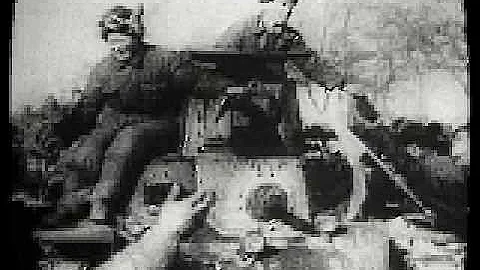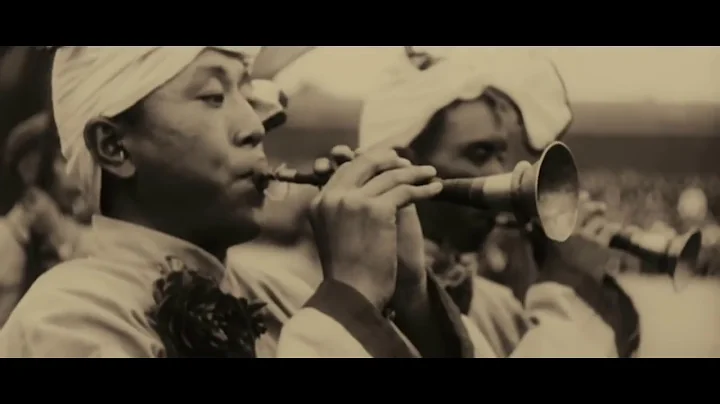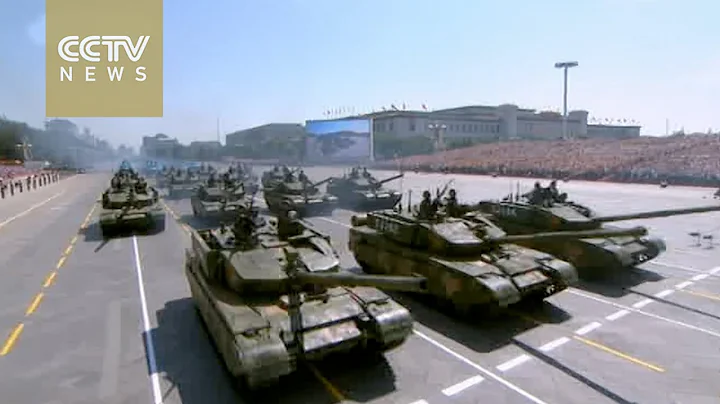In March 1944, the "Xinhua Daily" published an article by Guo Moruo, which mainly described and analyzed the process and reasons for the demise of the Ming Dynasty. This is the famous "Jiashen Three Hundred Years Ceremony".
Mr. Guo analyzed the experiences and lessons of Li Zicheng from the perspective of Marxism-Leninism . This long article of nearly 20,000 words was affirmed by Chairman Mao. Ye Zilong, who served as Chairman Mao's secretary for many years, recalled that Chairman Mao mentioned this article more than once, and he was still reading it even when he left Xibaipo and was about to go to Beijing.

After the peaceful liberation of Peking in 1949, the Party Central Committee decided to make Peking the capital. Chairman Mao likened his trip to Beijing to "going to Beijing to take the exam." After that, the focus of our party's work began to change. Since the founding of the party in 1921, it has gone through It took 28 years of mental journey to finally achieve the current situation.
Before the founding of New China, Chairman Mao proposed that everyone should continue to maintain the style of hard work and be wary of the enemy's "sugar-coated bullets" attacks. However, in 1951, the case of "Liu Qingshan and Zhang Zishan" occurred.
This major case, known as the first major blow against corruption in New China, has aroused strong repercussions across the country. We have just won the victory of the revolution, the country is in dire straits, and people's lives are still very difficult. However, our cadres can no longer withstand the test of "sugar-coated bullets" and have become corrupted. Liu Qingshan is from Hebei. He was born in a peasant family in 1916. Because his family was poor, he worked as a long-term laborer at an early age. In 1931, at the age of 15, he became a member of the Communist Party.

During the Gaoli riots, he was unfortunately arrested, but because of his young age, the enemy thought he had arrested the wrong person and saved his life. In 1937, he was sent to study at the Anti-Japanese University of Political Science and Law. The next year, he came to Dacheng, Hebei Province to carry out anti-Japanese and national salvation propaganda activities. At the same time, he also trained many outstanding cadres for the organization.
Whether during the Anti-Japanese War or later during the Liberation War, Liu Qingshan experienced life and death tests many times, but they never made him frown. As a result, after the victory of the revolution, he completely lost his principles and bottom lines in two years.
According to statistics, the amount of Liu Qingshan's corruption was 184 million old coins, equivalent to 1.7 million yuan. This number may not seem like much now, but it was very shocking at the time.

For personal enjoyment, he and Zhang Zishan abused their power and ignored party discipline and state laws. They stole airport construction funds, disaster relief food, relief food, and river management funds wantonly. In addition, they withheld the wages of migrant workers, defrauded bank loans, and helped Unprofitable businessmen resell important resources such as steel and timber, causing heavy losses to national property. Liu Qingshan is addicted to the enjoyment of life and even becomes addicted to drugs.
Liu Qingshan and Zhang Zishan, who had committed numerous crimes, did not realize their mistakes at all. Instead, they felt that they had contributed to the revolution, and it was normal to enjoy themselves now. Under the guidance of such thoughts, they went further and further, and finally reached the point of no return. situation. In 1951, Liu Qingshan was expelled from the party. In February of the following year, the Hebei Provincial Government held a public trial. The Provincial People's Court submitted to the Supreme People's Court for approval and sentenced Liu Qingshan to death. At the time of execution, Liu Qingshan was only 36 years old.
Liu Qingshan has three sons in total. The eldest son Tieqi is just 7 years old, the second son Tiejia is only 4 years old, and the youngest son Tiebing is only a few months old. Considering that Liu Qingshan did make contributions during the war years, after approval, the government He paid 15 yuan of living allowance to his eldest son and second son every month, and determined that Liu Qingshan's mistakes had nothing to do with his family and that they would not be held accountable.

Liu Qingshan’s wife Fan Yong works in the Tianjin Municipal Party Committee Art Troupe. Her income is pretty good, and the state provides care, but it is still very difficult for her to raise three sons by herself. At the same time, she does not dare to tell the truth to her children. He said his father was on a business trip abroad. But after all, paper can't cover up the fire. From the comments of others, the children still guessed the truth about their father's accident. Fan Yong carried on with his children alone for two years, but finally couldn't bear it anymore and decided to remarry and gave his three children to his uncle to raise.
’s eldest son Liu Tieqi had good academic performance. After graduating from high school, he was admitted to the Beijing Petroleum Institute. After graduation, he was assigned to a factory in Fushun, Liaoning, and later worked at Langfang . After retirement, he was hired by a company as a deputy total. Liu Tieqi has two children. His daughter later came to study in the UK, and his son was admitted to the Petroleum University in Beijing.

Compared with his brother, Liu Tiejia's mental endurance is relatively poor. After his father's accident, when he was at school, he felt that his teachers and classmates looked at him strangely. He really couldn't stay in school anymore, and finally had to drop out of school. Later, his brother helped him find a job as a worker. Although the job was ordinary, Liu Tiejia felt very at ease and contented.
The biggest wish of Liu Tiebing, the youngest son, was to become a soldier. However, because of his father's relationship, he could not pass the political review, so he had to return to his hometown to farm. Later, with the help of the local government, he was transferred to work in the county town, which was good for him.
Although the three children of the Liu family have more or less regrets because of their father, the country has been very lenient to them and can take care of them when they grow up. They are also grateful for this kindness and use it to educate their descendants to remember the mistakes their fathers made back then and not to ruin their lives because of greed!





















